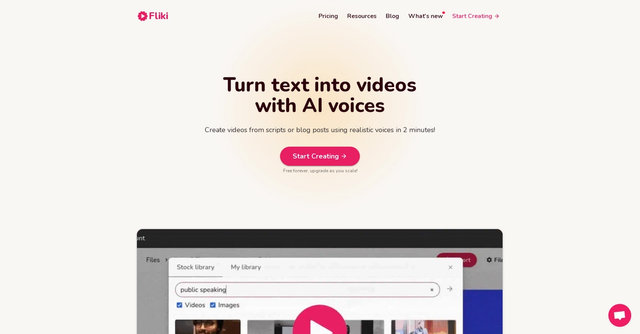AI Takes on Whale Conservation
Artificial intelligence isn't just for chatbots and self-driving cars anymore—it's helping to save the North Atlantic right whales. Scientists at Rutgers University have developed a cutting-edge AI system to predict whale movements, potentially reducing ship collisions and protecting one of the most endangered marine species.
The AI Behind Whale Tracking
This new system analyzes vast amounts of data, including ocean currents, temperature changes, and previous whale migration patterns. By applying advanced machine learning techniques, the AI can forecast where these majestic creatures are likely to be, helping authorities and shipping companies steer clear.
Here's how it works:
- Aggregates real-time environmental and historical whale sighting data
- Uses predictive modeling to forecast whale movements
- Alerts stakeholders, enabling safer navigation routes
Why Developers Should Care
For AI enthusiasts and developers, this project demonstrates the real-world impact of machine learning in environmental conservation. It's an example of how AI can be deployed for social good, using data science to solve ecological challenges.
The model's efficiency depends on deep learning frameworks, big data processing, and cloud computing—familiar terrain for AI developers. It also highlights the importance of interdisciplinary collaboration between marine biologists and data scientists.
Ethical AI in Action
The ethical implications of AI often spark debate, but this innovation showcases its potential to support sustainable practices. Protecting biodiversity using data-driven solutions sets a new precedent for how technology can be harnessed to support conservation efforts.
Looking Ahead
As this AI-powered system continues to evolve, it could pave the way for broader applications—perhaps tracking other endangered species or mitigating the environmental impact of global industries. The intersection of AI and conservation is just beginning, and it's thrilling to see where it might lead.
Get to know the latest AI news
Join 2300+ other AI enthusiasts, developers and founders.
- CommentsShare Your ThoughtsBe the first to write a comment.















%20(1).webp)
.webp)



.webp)



.jpg)

